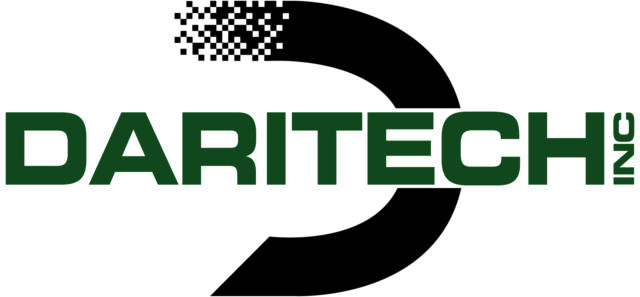Having navigated through a stormy past, Dairy Farmers of America (DFA) and other dairy and agricultural companies face turbulence caused by outside political and economic forces, according to Bob Engel, chief executive officer of CoBank.
With the oncoming storm, companies with a cooperative spirit geared toward adding long-term value instead of short-term dividends will best weather that storm, said Engel, head of one of the largest lenders and financial service providers for agricultural cooperatives. He addressed the 18th annual meeting of Dairy Farmers of America (DFA) in Kansas City, Missouri, March 22.
Read Dairy Farmers of America holds 18th annual meeting
Engel issued his comments to DFA members in the context of the cooperative’s turbulent history, but described the next “perfect storm” based on conditions driving the global economy.
CoBank, a member of the Farm Credit System, provides loans and other financial services to agribusinesses, including cooperatives. More than a decade ago, Engel said, CoBank would not loan money to DFA, thinking the cooperative was not viable.
At that time, he said, DFA’s storm was created mostly of its own making: a lack of member accountability, broken member communications, Department of Justice and Internal Revenue Service investigations, credit worthiness downgrades, a lack of transparency and a devaluation of affiliates.
Through a change of culture and leadership built on cooperative principles, DFA navigated that storm and is well-suited for the future, Engel said. CoBank now has $700 million in loan commitments to the co-op.
Engel said the next storm will be “very unlike the past,” driven by external forces and fueled by a failure of political leaders to address long-term issues.
“Global risks remain high,” he said. “Geopolitical risks remind us of the interconnectedness of the world's economic and political system.”
”We live in a world of lows: low growth, low inflation and low interest rates, and we can't seem to shake it,” Engel said. “Factors that drove the previous decade of commodity demand and prices have begun to reverse themselves.”
Ag markets are experiencing significant transitions in this global environment, and milk is not immune. Engel said the European Union's move away from milk production quotas has helped alter a normal three-year dairy price cycle. The strengthening of the U.S. dollar limits the competitiveness of U.S. businesses, in terms of customers and competitors.
“Emerging markets, in particular, face a wide range of challenges in this new global environment,” Engel said. “Those emerging markets include many that are important to U.S. dairy exports. Increased exposure to foreign demand and currency fluctuations are going to create additional turbulence through price volatility.”
Engel had harshest words for political leaders. He called the current crop of U.S. presidential candidates “extremely weak.”
“Political leaders have kicked the can down the road, to the detriment to future generations,” he said. “Public leadership around the world cannot be depended on for anything except a short-term view that covers no more than their next election cycle. All world leaders did was put wallpaper over a wall that is crumbling.”
Public policy issues that hamper business investment and a growing federal deficit cloud the future and limit growth opportunities, he warned.
“Even it isn't a perfect storm, it will be a pretty good storm,” Engel said.
“The only way you drive long-term value is to find a sustainable, competitive advantage, and build your businesses and brand around that advantage in the marketplace,” Engel said. “That’s even more difficult than it was 10 years ago. Competitive advantages are hard to come by, and even harder to sustain.” PD

-
Dave Natzke
- Editor
- Progressive Dairyman
- Email Dave Natzke





